When I think about my recent realizations from working the earth they sound like good ideas that could apply to careers as well: patience, persistence, things like that. Same goes for writing.
Find the full Amazon blog series here: charleskunken.com/season2
My first apartment in NYC (33rd & 3rd) had a bedroom that was 13’3” by 5’3” with one window facing the airshaft.
Seriously, I have the layouts on file. (Yes, this is authentic and it is from 2007. I had it scanned into my files. I am a Virgo):
The shower was too skinny to fully bend over to wash my feet so I had to learn how to stand like a flamingo.
It was the best of times; it was the best of times, but I can’t help but think what would it feel like to be there now?
-
I haven’t had a good relationship with the outside of my house. It seemed like a white elephant. Every moment I had to spend beating back nature was time away from stuff that I wanted to be doing more.
Front and back yards, garden beds around the perimeter (by ‘garden’ I mean, stuff I hadn’t planted and mostly weeds), a real pain. The nicest part, the grass, I killed by accident because I left the leaves on it too long. My main goal was to do enough to avoid calling a professional.
Then Covid hit.
And if nothing else this situation is teaching us what it means to be grateful.
I have a family. I have friends. I’m able to work. I can flick my thumbs around for twenty minutes and food magically appears at my doorstep.
How many people right now would kill to be able to walk outside and have a space where they could play in the dirt?
This is a little journey to reclaim the land. Or at least give it a college try.
-
The idea of gardening overwhelmed me. I thought of it as a finely curated perfectly manicured organic museum that would take way too much time and who has time for that. I thought of it as an end result.
Now I realize I’ve been ignoring the thing I preach every day: Its not the results it’s the process.
So here is a quick list of things I think I can learn from my garden.
1. Patience
2. Time.
I saw this attributed to a Zen proverb on the internet: “You should sit in meditation for twenty minutes every day – unless you're too busy; then you should sit for an hour.”
3. Focus on one small thing at a time but do it very well.
Who cares if I don’t get the front weeded, the back plucked, and the sides all pulled at once? Let me pick a small reasonable size section at a time, focus very deeply on that and do it great.
4. Keep showing up.
a. It’s the only way that ‘doing a small thing everyday’ works.
5. Stop the days’ work before I begin resenting it.
Yes, I have to still keep it tamed enough to stave off the fleet of landscapers but, I don’t need it to look like the hanging gardens of Babylon tomorrow. I just need to have worked on it every week.
My goal is to pick 5% of the yard per week and really solve it. For now that means digging up the whole space, down to the roots of all the random stuff growing there and reclaim the land. In 20 weeks I shall have a completely detailed property.
As far as actually planting stuff…let’s not get too far ahead of ourselves.
-
My brother-in-law, a firefighter here in Seattle and keeper of a masterful garden once told me while giving me a tour of his premises that it was a fireworks show in slow motion.
It struck me then that he was onto something and I was missing it. Maybe I can learn what that was now.
A little corner of my yard. One of my first attempts at becoming one with the earth. It doesn’t look that impressive since I didn’t take the before picture, but you’ve gotta believe me, it sure feels good.
Have some thoughts? Feel free to drop a comment or hit me up: charlie@charleskunken.com
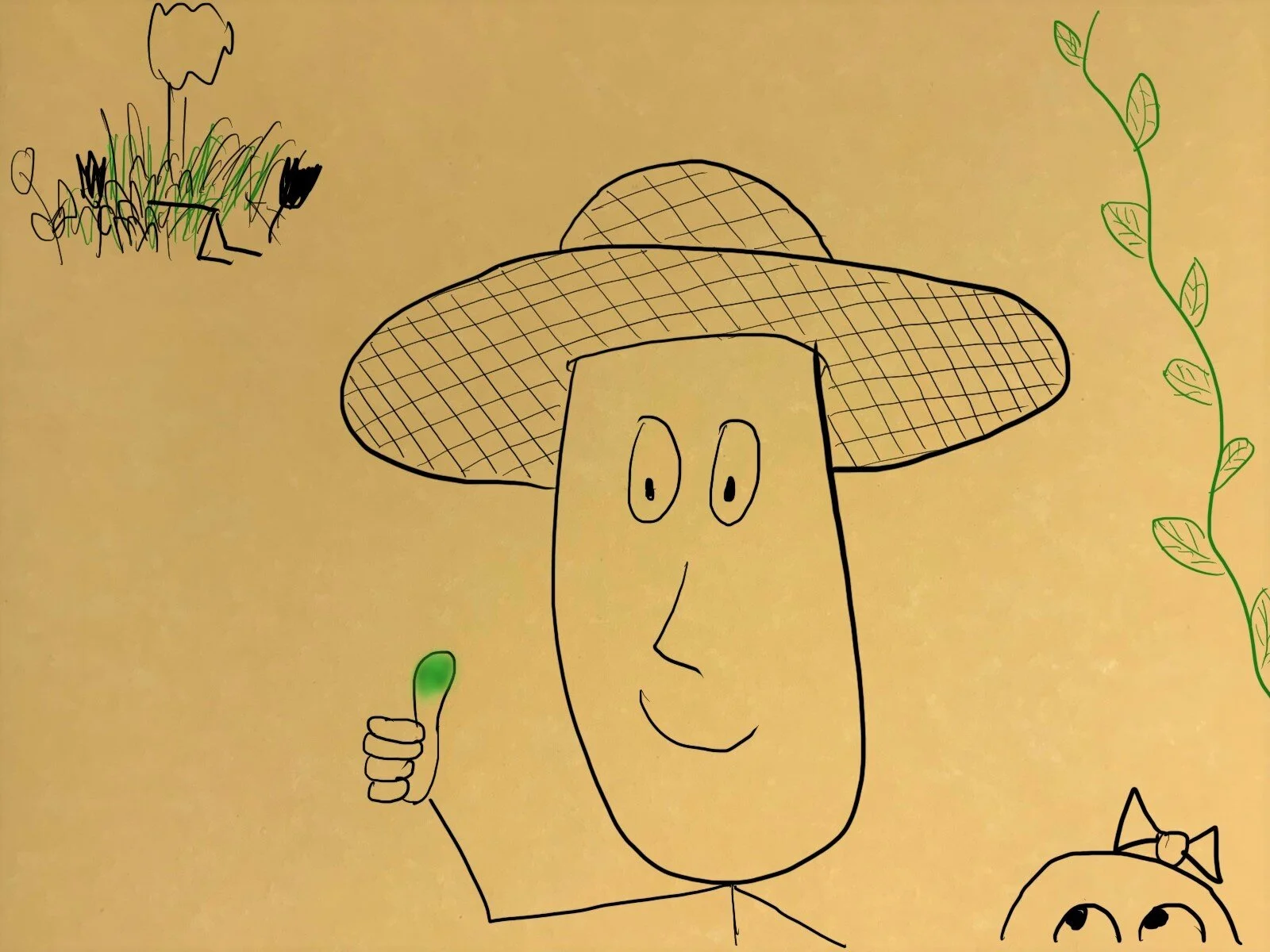




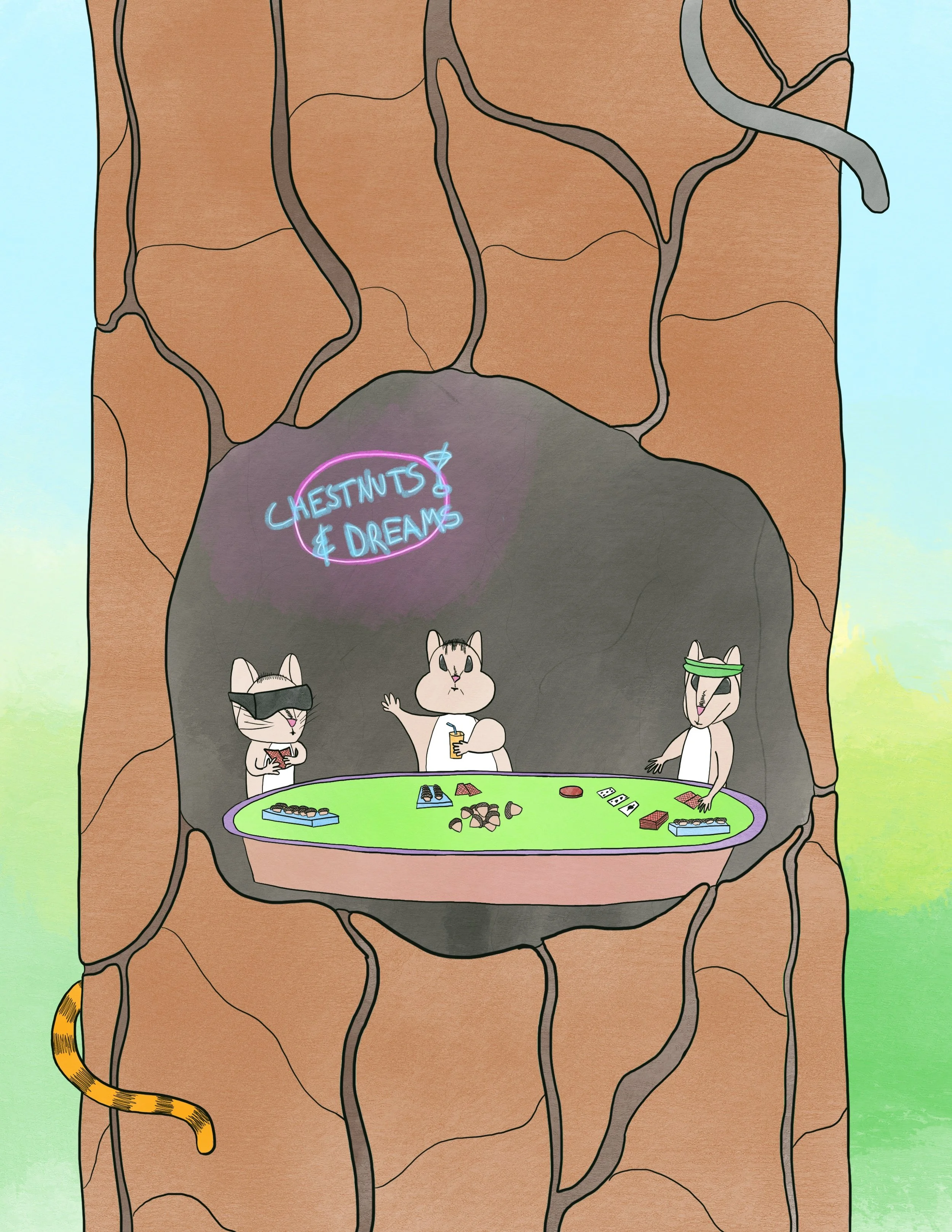
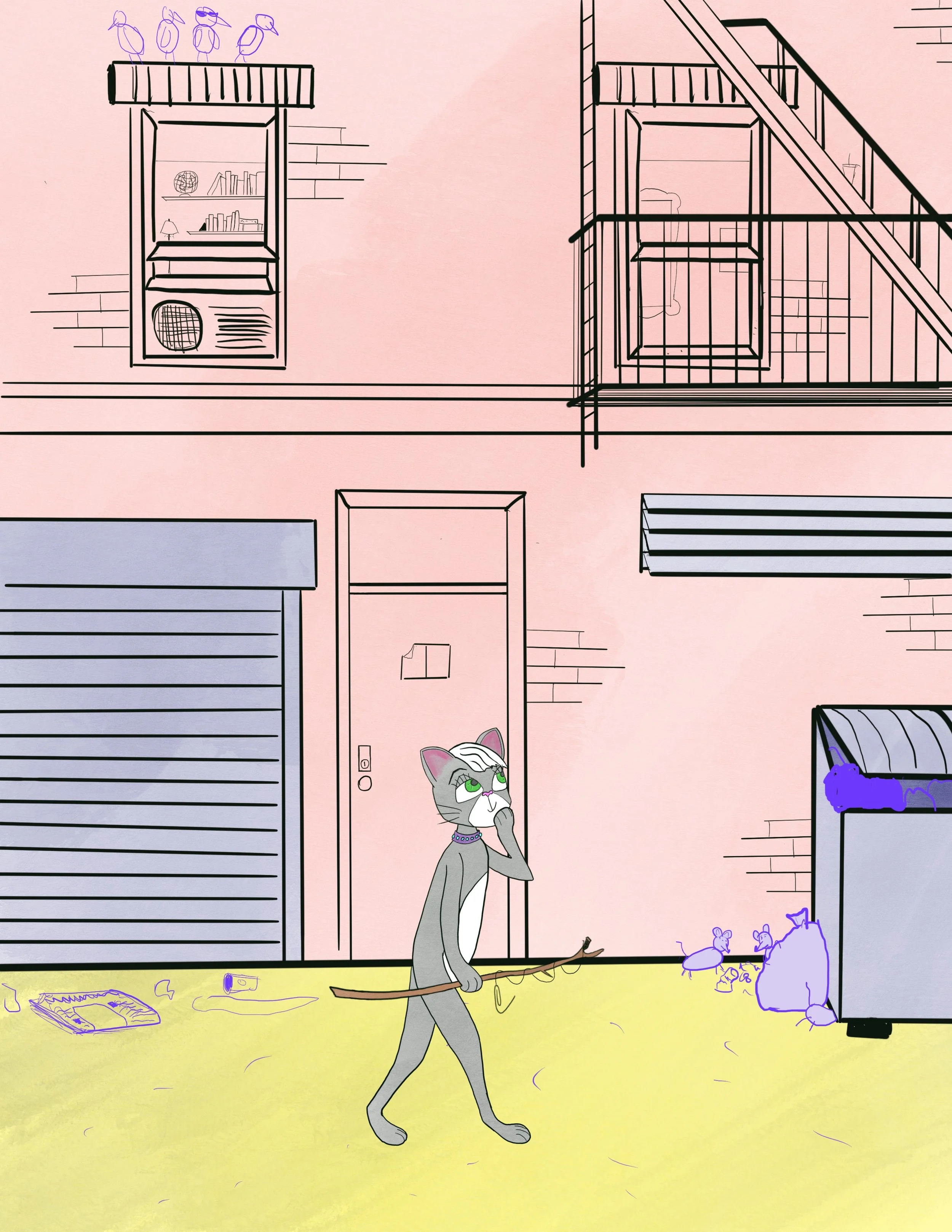

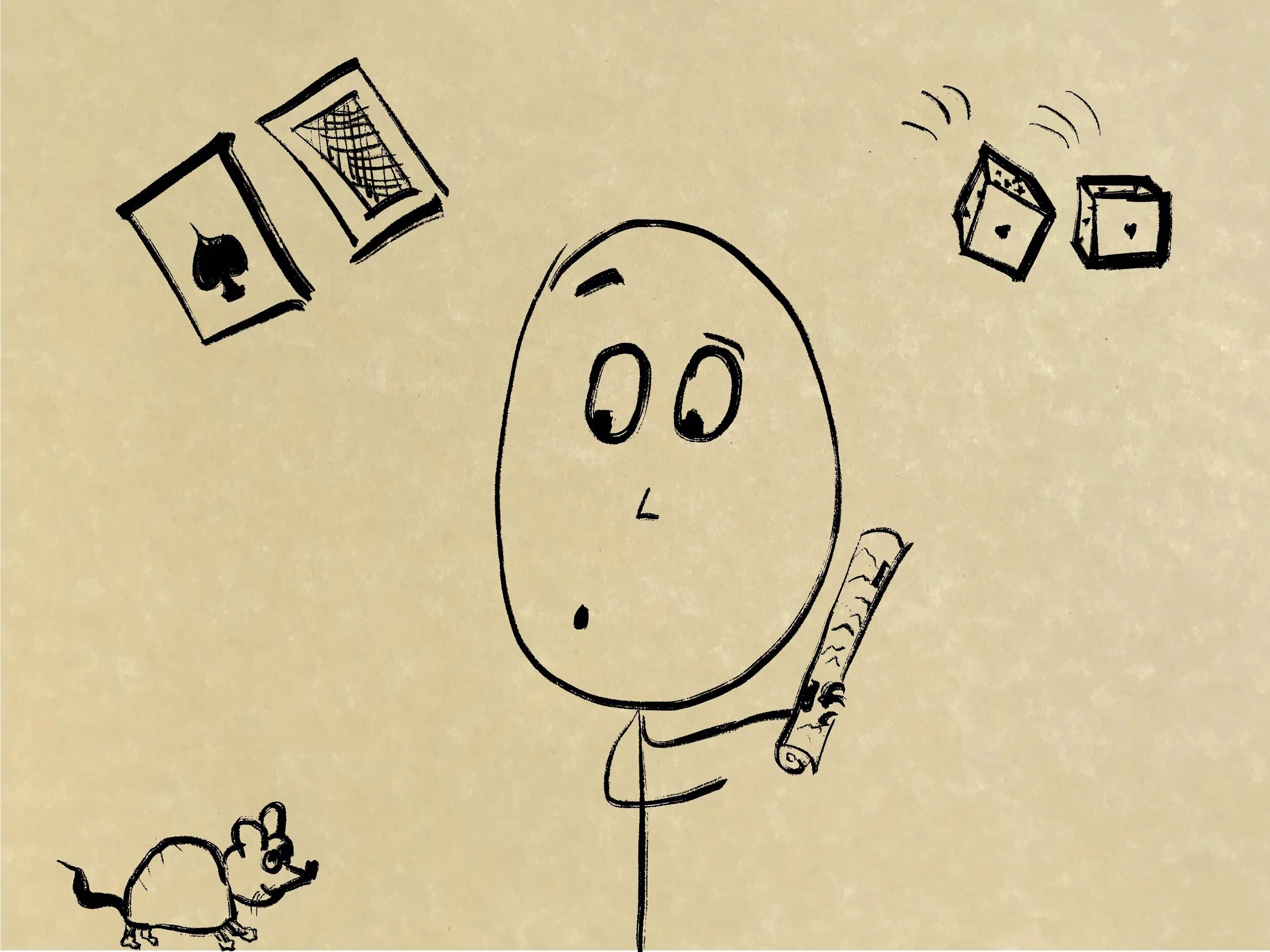
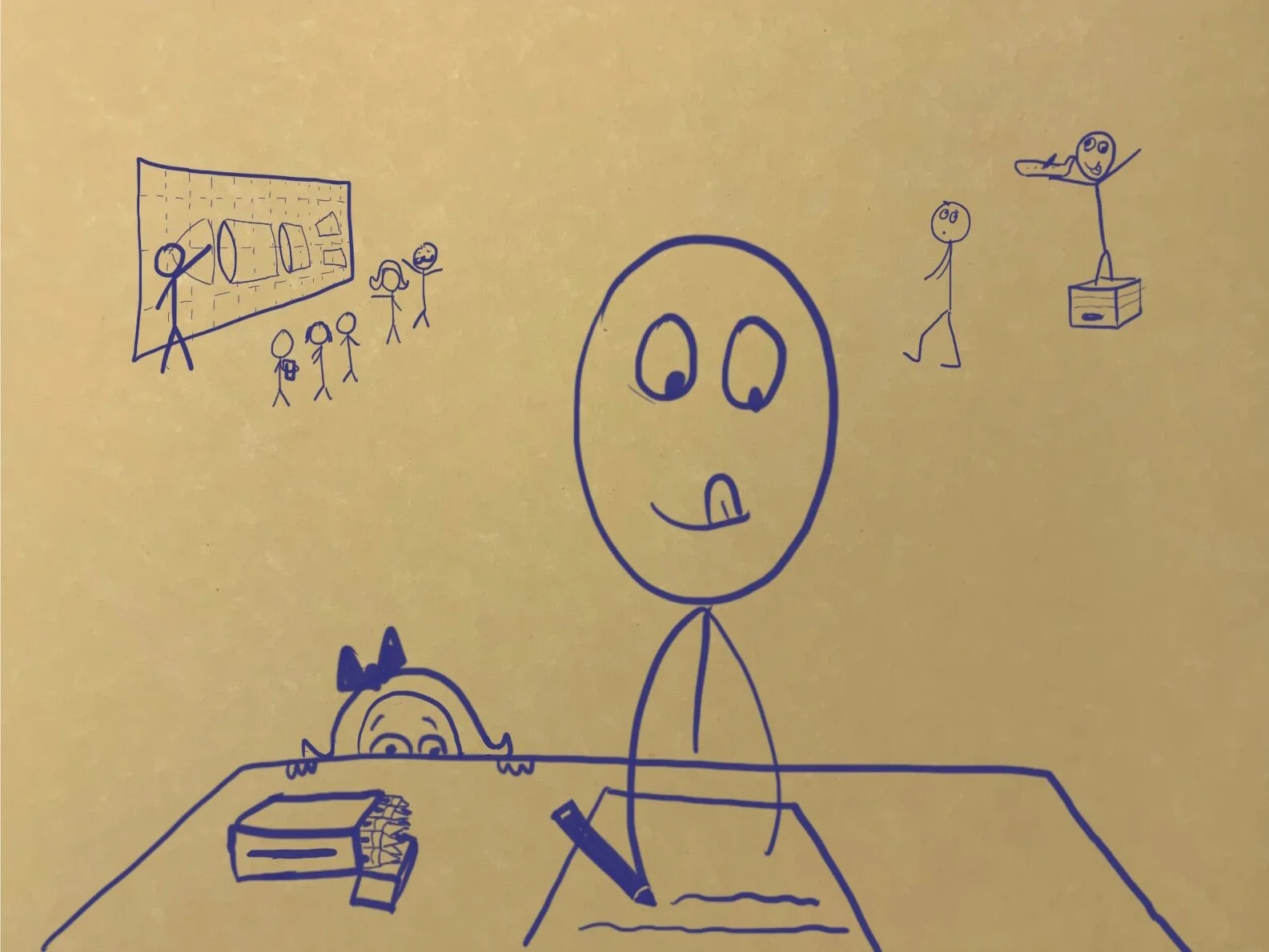


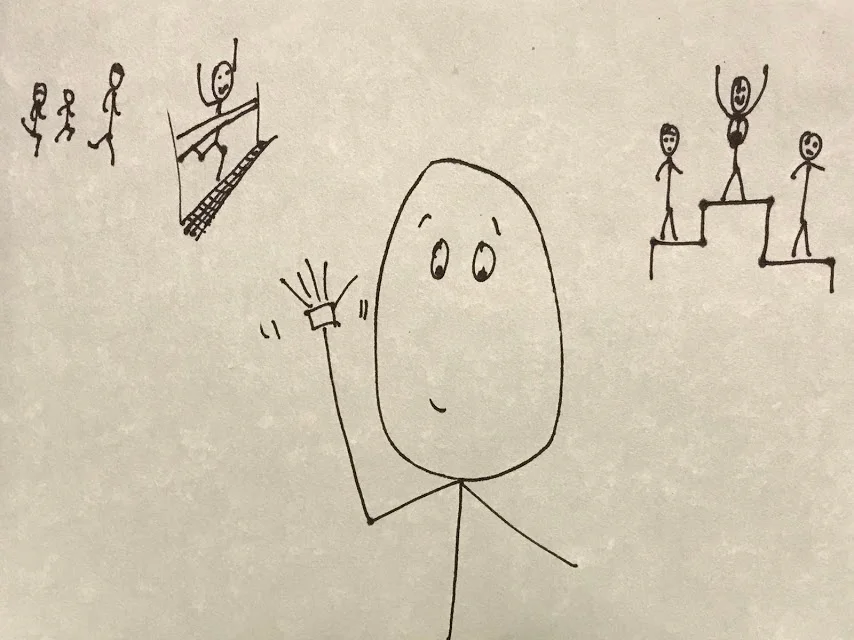
A good input metric is one that enables us to monitor and change our behavior. It should have the following characteristics: (1) Focus – it measures one thing; (2) Ownership –a specific person is accountable for its performance and accuracy of the measurement; (3) Benchmark – there is a target which informs whether or not performance is satisfactory.